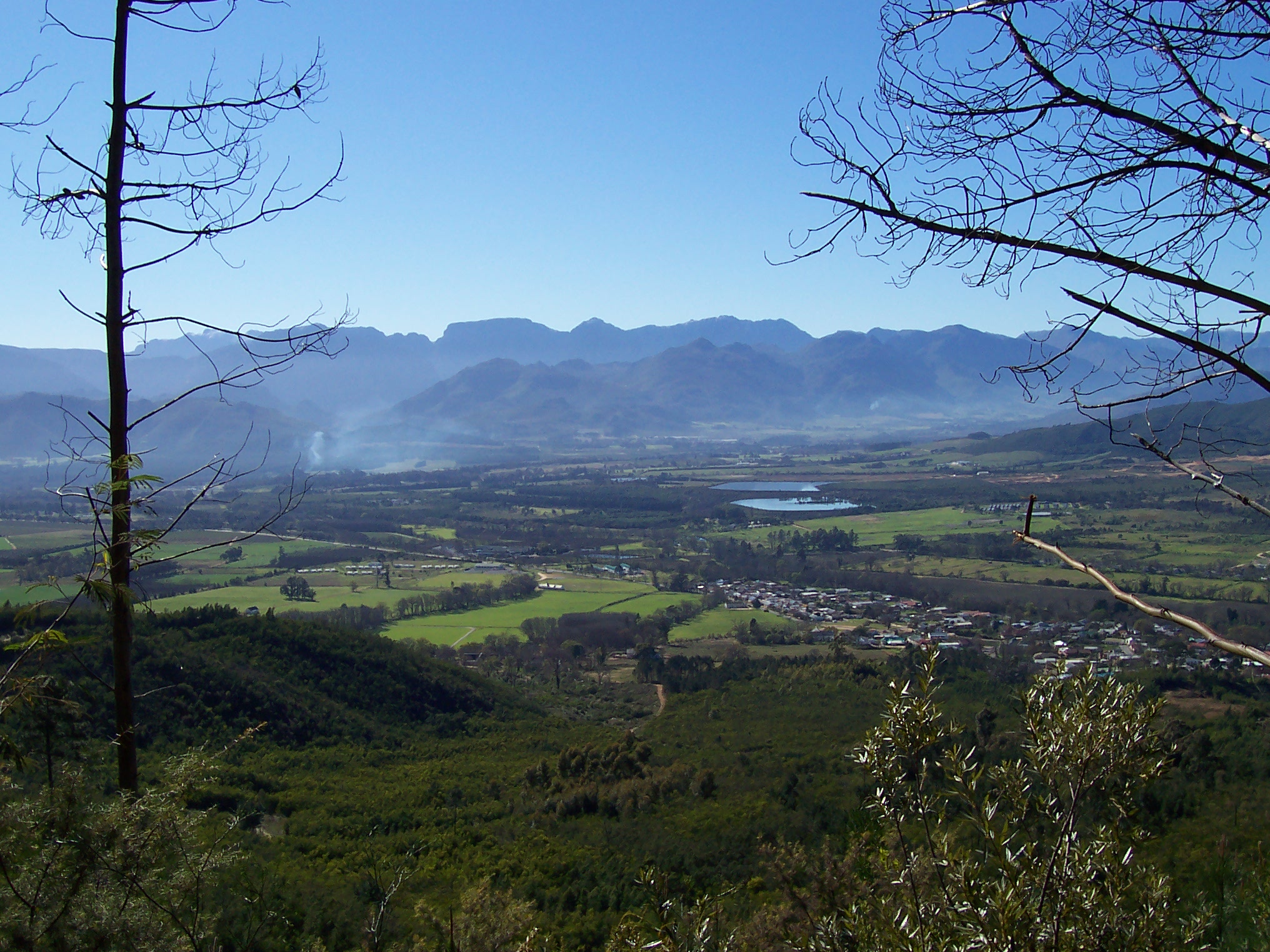
The Lowlanders outlook at Culloden
I want to write about the Stuarts from their victim’s point of view and Culloden is a good place to start.
A great deal has been written on Bonnie Prince Charlie and his Highlanders, all in a romantic vein, but what about the Lowlander fighting against him at Culloden? Far from romantic, his view would be down to earth. His part of the country, stretching in an arc from the Clyde, through Stirling and Dundee to Aberdeen, had no love for Charlie, or even the Stuarts. Their experience went back over the best part of two centuries of raiding, looting and burning.
Most recently, Charlie’s Jacobites had rampaged through the country. Oh, it is reported that they were well behaved, but by whom? Many of the Scots, thanks to Presbyterian insistence, could read, but only the upper classes could afford enough paper to keep a diary or write letters. Those would only meet Charlie and a few of his lords, who wouldn’t steal the spoons, when the noble Prince asked for shelter. They would be the ones who then recorded the behaviour of the ‘multitude’. But if they were well behaved, where did the loot the Highlanders sent back come from? From the shops of the traders and the homes of the people. These ‘well behaved’ people burned the village of Douglas on their way back from Derby in retaliation for lack of support on the way down.
It’s ignored that the Stuarts machinations had affected the Lowlands; there had been deaths in 1715; Killicrankie in 1689; rapine, slaughter and burnings in Aberdeen and Perth in 1644; the slaughter of 3000 in Kilsyth little more than ten miles from Glasgow in 1645; and. Mary Queen of Scots had created civil war at Langside in 1567.
The Lowlanders had little to thank the Stuarts for. It seemed every time they were about to create some prosperity and stability around themselves the Stuarts upset their useful toil. Now, with the beginnings of the Industrial Revolution: an iron foundry at Loch Maree; steam engines driving mills no longer dependent on being beside a stream; the steam engines needing coal; and trade with the Americas promising better times – here come the Highland Stuarts again!
The Lowland soldier, with a name like Douglas or Bruce, was bitter, felt he was defending the future of his house and children and determined to give the Stuart clans a lesson they would not forget. This had little to do with religion; it was what he had marched all the way up to Inverness for, pay-back time.